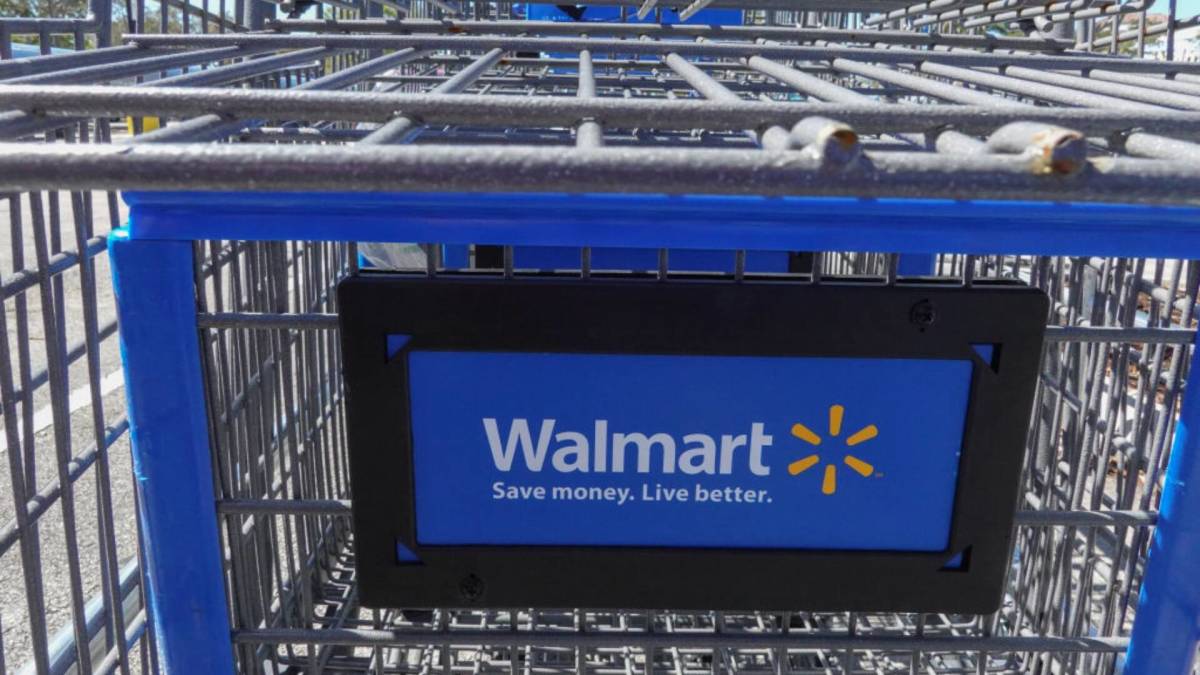Food recalls have become a familiar part of the American grocery experience. Each year, the U.S. Food and Drug Administration (FDA) and the Department of Agriculture (USDA) issue dozens of recalls to protect consumers from contamination and safety risks that could cause serious illness.
While most recalls are precautionary, they are one of the most effective tools regulators have to prevent outbreaks and ensure accountability across the food supply chain.
The latest example affects a popular food sold at Walmart. The best-selling food product was recalled after routine testing detected signs of possible contamination.
The FDA said the recall was enacted “out of an abundance of caution” and stressed that no illnesses have been reported.

Image source: Getty Images
Walmart recalls classic Italian dish
The FDA warns the product may still be in consumers’ refrigerators and freezers.
- Product name: Marketside Linguine with Beef Meatballs and Marinara Sauce
- Product size: 12-oz. clear plastic tray packages labeled
- “Best if used by” dates: Sep. 22, 2025; Sep. 24, 2025; Sep. 25, 2025; Sep. 29, 2025; Sep. 30, 2025; and Oct. 1, 2025.
- USDA inspection numbers: “EST. 50784” and “EST. 47718”
Customers who purchased the recalled product are advised to check their refrigerators and freezers immediately and not to consume the food under any circumstances.
What consumers who bought Marketside Linguine product should do
Walmart has urged customers who purchased Marketside Linguine with Beef Meatballs and Marinara Sauce to take the following steps:
- Dispose of the product immediately, even if it appears safe to eat.
- Return it to any Walmart location for a full refund.
- Contact Walmart customer service through its recall portal or hotline for additional guidance: 1-800-925-6278.
- Seek medical advice if you believe you have consumed the recalled product and experience symptoms.
Since recalls happen so often, it’s a good idea to monitor the FDA database for updates. The FDA website is also where consumers can file reports about adverse health effects they suffer.
Health risks from listeria
Listeria is the pathogen behind this Italian dinner recall.
It can cause severe illness in older adults, people with weakened immune systems, and pregnant women, for whom miscarriage or stillbirth is possible. The bacteria can also be dangerous for newborns and young children.
Listeria infections, known as listeriosis, can lead to fever, muscle aches, gastrointestinal distress, and, in more serious cases, nervous system infections.
Related: Costco issues urgent recall on major Kirkland product
“The real danger of recalled foods is that you can’t see the contaminants with the naked eye … signs of food contamination unfortunately show up after it’s been consumed,” Senior Director of Food Advisory at the National Science Foundation told Parents magazine.
Because listeria can incubate for weeks before symptoms appear, health officials advise anyone who may have eaten the recalled product to stay alert for symptoms and seek medical care promptly if they develop.
A growing pattern of grocery-product recalls
This Walmart (WMT) recall highlights a growing trend in the grocery sector. In recent years, regulators have overseen high-profile recalls involving frozen vegetables, deli meats, cheeses, bagged salads, and even packaged snacks.
Recalls often stem from issues in food processing facilities, such as inadequate sanitation protocols or cross-contamination during production.
Related: Kroger recalls ‘radioactive’ food sold in stores in 31 states
Other recent listeria-related food recalls:
Potential listeria contamination is a common reason for a recall. A few listeria-related recalls that have happened since August 2025, according to the FDA, include:
- Goot Essa Der Mutterschaf Cheese
- Middlefield Original Cheese Co-op and Sunrise Creamery Cheeses
- Haifa Cold Smoked Salmon and Cold Smoked Seabass
- Endico Frozen Peas and Carrots, Mixed Vegetables
- Members Mark Freeze Dried Fruit
- Randall’s, Albertsons, Tom Thumb Tuna
How much does it cost a company when food is recalled?
Food recalls are costly and disruptive for companies of all sizes. Depending on the amount of the product involved, a food recall can cost a company as much as $10 million, according to research published in the journal Food Policy on Science Direct.
The price tag reflects expenses tied to logistics, destruction of recalled products, legal fees, and public relations efforts.
On top of that, companies face additional risks:
- Lost sales: Consumers may choose different brands or stores.
- Damage to a company’s reputation: A recall can erode trust in a company.
- FDA fines: FDA scrutiny of a company can lead to penalties and stricter oversight.
- Operational distractions: Normal operations are interrupted when staff and other resources must manage a crisis.
Related: Costco issues urgent recall on popular viral snack
#Walmart #issues #urgent #recall #popular #food #product